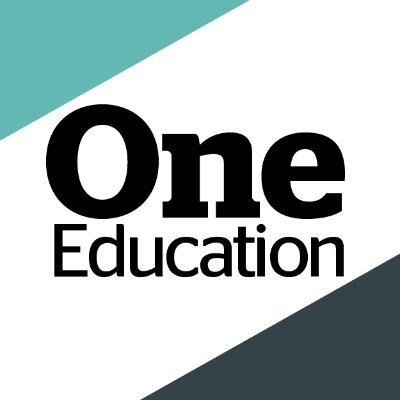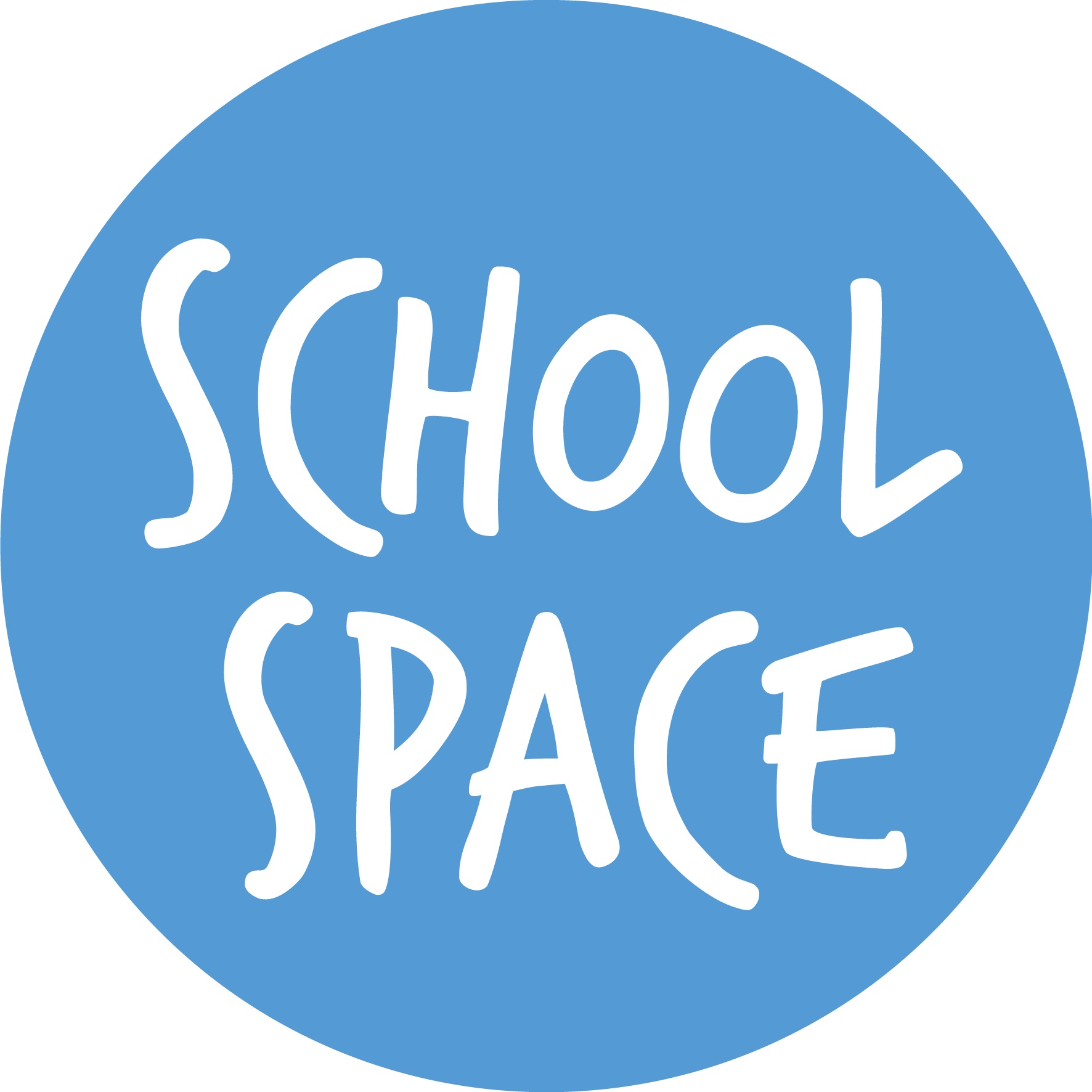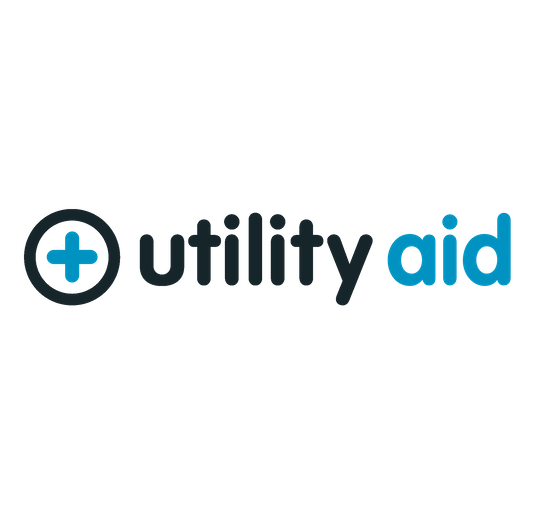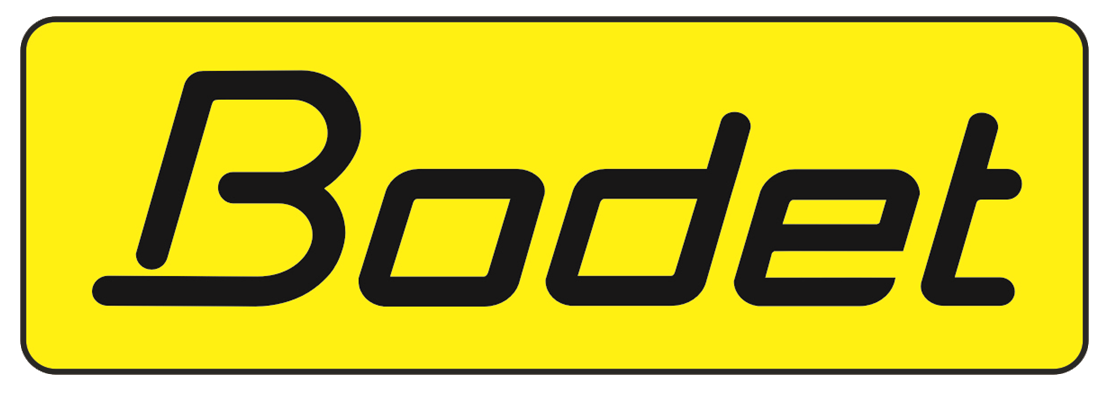


Our team sorts through all blog submissions to place them in the categories they fit the most - meaning it's never been simpler to gain advice and new knowledge for topics most important for you. This is why we have created this straight-forward guide to help you navigate our system.


And there you have it! Now your collection of blogs are catered to your chosen topics and are ready for you to explore. Plus, if you frequently return to the same categories you can bookmark your current URL and we will save your choices on return. Happy Reading!
Many students are still learning via online learning but what if your students don’t have the necessary ed-tech or access to the internet?
Many institutions are solving the problems themselves with innovative approaches.

Although technology has been instrumental in keeping the education sector up and running through the pandemic, the sudden shift to online learning has also strained the digital gap in many underserved communities. Around the world, over two-thirds of school-age children lack the basic means to access online learning. In urban countries, 60% of students don’t have internet access either. In the UK, the BBC reported that 6% of families struggle with broadband costs, thereby “locking out” students from online learning. Experts warn that if this global digital divide is not addressed, it may breed further inequalities that significantly affect students the most.
Stepping Up for Student Needs
Although governments around the world are developing and rolling out programmes to bridge the digital divide, many of the most effective initiatives come from learning institutions themselves. One of the most common means that schools have been closing the digital divide is by supplying devices for online learning. This is particularly helpful in communities where mobile data is accessible, but students lack the hardware to utilise it. In the UK, Computer Weekly states that up to 1.8 million children from low-income families lack access to a laptop, desktop, or tablet. This has encouraged many schools to distribute school-owned devices to students in need. This effort aims to keep students connected to their peers and their teachers, instead of self-studying with paper print-outs.
On top of this solution, schools around the world are also adopting a more specialised approach to the digital divide. This includes specific efforts that target issues especially relevant in their community. For instance, in line with the World Bank’s analysis that the number of children who don’t meet the minimum requirements for reading has risen by 20%, educational institutions in Africa are adopting online measures to address this. With a presence in Uganda and Kenya, Bridge International Academies has developed their at-home Digital Storybooks for their students. This aims to help children practise their reading comprehension via engaging stories that are delivered through flexible educational platforms that include WhatsApp and SMS.
Meanwhile, in the U.S.A., as a growing number of states report poor internet in communities largely populated by people of colour, schools have offered connectivity options. The University of Kentucky, for example, has repurposed its parking lots and public spaces into communal internet cafes where students and teachers may access Wi-Fi. This lets students complete their requirements and download materials they may review at home. By adopting these more nuanced solutions, schools are hoping to improve online learning accessibility and efficacy.
Is the Digital Divide Gone?
As online learning continues to be a necessity amid the Omicron surge, more underserved students will face adoption challenges. Whether due to their rural location or because of financial constraints, students facing a digital gap will continue to rely on school administrators and teachers to bridge this. Hopefully, as schools act as champions for inclusivity and accessibility, more students can begin to fully reap the benefits of online learning. For more on the latest trends in education, please read the article, Teaching with Digital Content.
The author

Read more

Read more

Read more

Read more

Read more

Read more

Read more

Read more


Are you looking for solutions? Let us help fund them! Nexus Education is a community of over 11,000 schools that come together to share best practise, ideas and CPD via online channels and free to attend events. Nexus also offers funding to all school groups in the UK via nexus-education.com


Established in 2011, One Education is a company at the heart of the education world, supporting over 600 schools and academies. Our unique appeal as a provider is in the breadth and synergy of the services we offer, supporting school leaders, teachers and support staff to achieve the best possible outcomes for their pupils and staff.

School Space is a social enterprise that has empowered schools for over 12 years through their profitable and hassle-free lettings services. So far, they’ve generated over £5 million in revenue for education, helping to connect over 200 schools with their local communities.


Operoo is a school operations and productivity platform. We help thousands of schools and trusts to eliminate slow, expensive and repetitive tasks. Operoo helps schools streamline and digitise processes, drastically reducing the associated costs: From student pre-admissions, permission forms, payments, and school trips; to medical information and emergency contacts, incident reporting, staff agreements, and more in over 100 languages.


Unify is an online sales and marketing tool that allows users to create tailored personalised documents in moments.


There’s nothing special about the energy we sell. In fact, it’s exactly the same energy as all our competitors provide. But there is something special about the way we do it. Where others complicate the process, we simplify it. Where others confuse customers with hidden terms, we’re an open book. And where others do all they can to make as much money from their customers as possible, we do all we can to make as little. Everything we do, we do it differently. Our customers are a privilege. One we’ll never take advantage of.


Securus provide market-leading monitoring solutions to safeguard students on ALL devices both online and offline. We also offer a full monitoring service, where we carry out the monitoring on behalf of the school, freeing up valuable staff resources. From the smallest school to large MAT groups, Securus offers safeguarding protection for all!


As European leaders of Time Management Solutions, Bodet offer Lockdown, Clock, Bell & PA Systems. Harmonys, our five-in-one IP/PoE Bell System, provides a unique customisable lockdown or panic alarm alert. Melodys, a Wireless Bell System, is useful where wiring can be difficult.